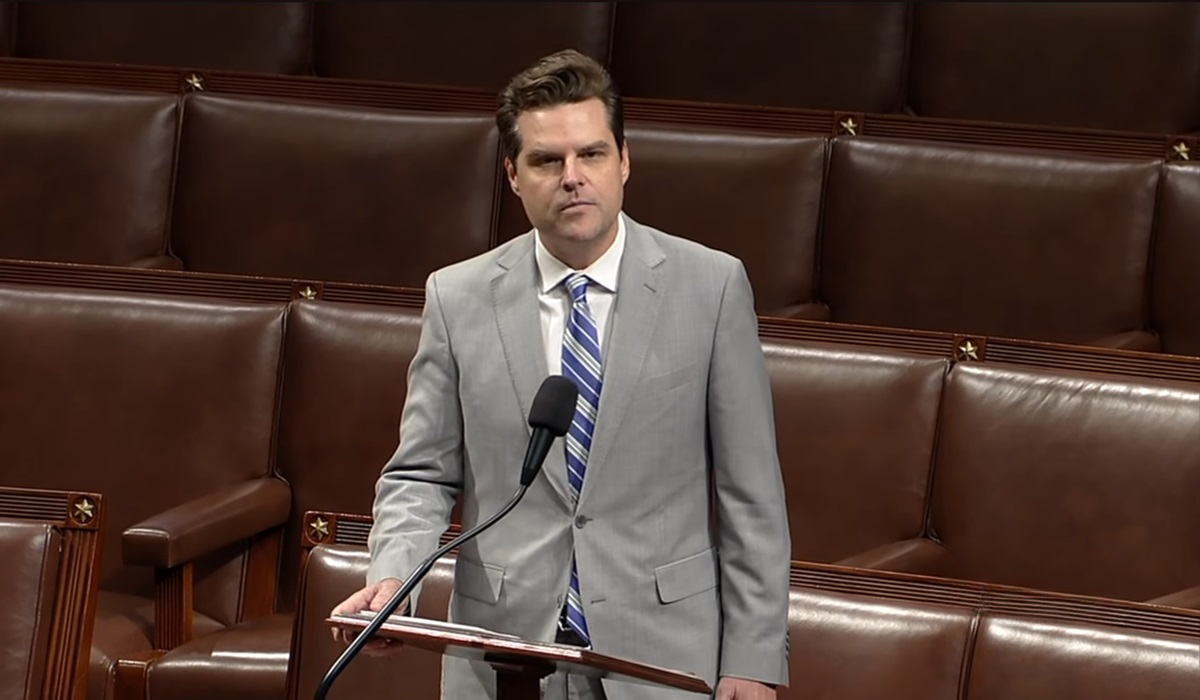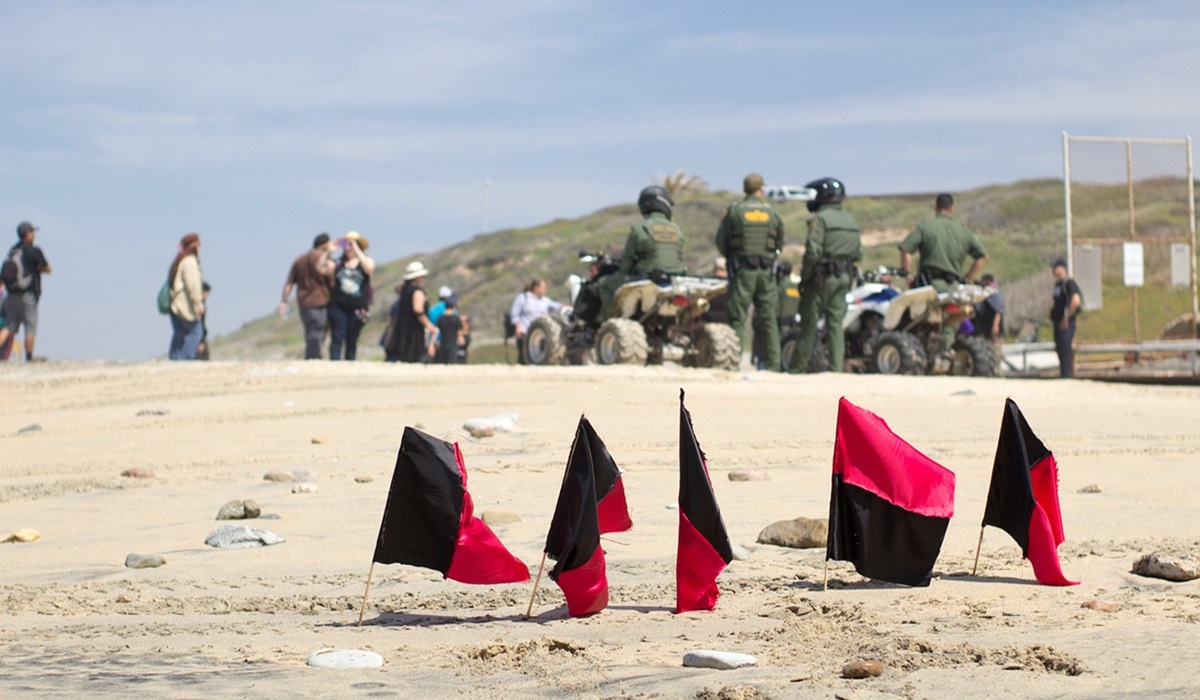G20 Summit 2024: A Call for Global Inclusion and Governance Reform
- TDS News
- Breaking News
- November 18, 2024

Today marked the opening of the G20 a pivotal two-day summit uniting the world’s leading economies to address pressing global challenges. Alongside the main event, a parallel platform known as the Social Forum launched a strong call for inclusion, democratic governance, and institutional reforms. Central to this initiative was the Rio de Janeiro Declaration, which amplifies civil society demands for action on global justice, hunger, and climate change, urging a complete overhaul of international governance systems to better serve humanity.
The Group of Twenty (G20) was established in 1999 following the Asian financial crisis as a forum for economic coordination among major economies. By 2008, it had evolved to include heads of state, becoming a crucial platform during global crises, such as the 2008 financial meltdown and the COVID-19 pandemic. It represents a significant share of global GDP, international trade, and the world’s population, positioning it as a key player in addressing cross-border challenges like economic instability and climate change. However, its perceived exclusivity and focus on the wealthiest nations have drawn criticism.
The Social Forum, running concurrently with the summit, has brought longstanding issues to the forefront. The Rio de Janeiro Declaration highlights the need for urgent reforms to institutions like the United Nations, International Monetary Fund, and World Bank, calling for equitable participation from developing nations. It also stresses the importance of collective action on climate change, proposing sustainable solutions that prioritize global welfare over profit-driven motives.
Despite its influence, the summit’s effectiveness remains a topic of debate. While it has facilitated crucial economic interventions and fostered dialogue on global issues, its voluntary commitments and lack of binding enforcement mechanisms often undermine its impact. For example, despite ambitious climate pledges, many member nations fall short of achieving tangible results, raising concerns about the forum’s credibility.
Inclusivity is another persistent challenge. Critics argue that the absence of smaller nations, particularly from Africa, undermines the forum’s claim to represent the global community. Proposals for expanding participation or strengthening parallel initiatives like the Social Forum are gaining traction but face resistance from established powers.
As this year’s conference unfolds, the Rio de Janeiro Declaration serves as a rallying cry for a shift toward more inclusive and justice-driven global governance. The potential for this platform to evolve from a primarily economic forum into a force for addressing broader social and environmental concerns remains uncertain. For this transformation to occur, meaningful action must replace rhetoric, ensuring that the forum reflects the voices of the many, not just the few.








